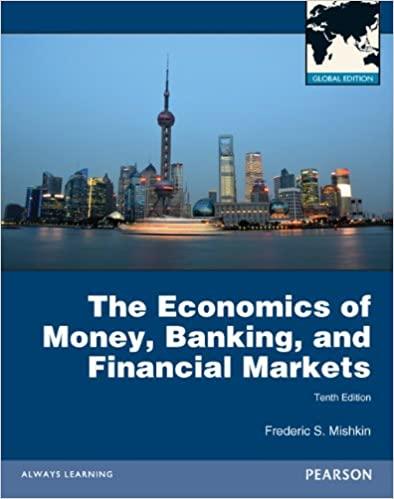Question
C. Use the financial data presented to determine Tracks operating cash flow (OCF) and free cash flow (FCF) in 2015. Evaluate your findings in light
C. Use the financial data presented to determine Tracks operating cash flow (OCF) and free cash flow (FCF) in 2015. Evaluate your findings in light of Tracks current cash flow difficulties.
I put a screen shot of all the charts provided.
Seven years ago, after 15 years in public accounting, Stanley Booker, CPA,resigned his position as manager of cost systems for Davis, Cohen, and OBrien Public Accountants and started Track Software, Inc. In the 2 years preceding his departure from Davis, Cohen, and OBrien, Stanley had spent nights and weekends developing a sophisticated cost-accounting software program that became Tracks initial product offering. As the firm grew, Stanley planned to develop and expand the software product offerings, all of which would be related to streamlining the accounting processes of medium- to large-sized manufacturers. Although Track experienced losses during its first 2 years of operation2009 and 2010its profit has increased steadily from 2011 to the present (2015). The firms profit history, including dividend payments and contributions to retained earnings, is summarized in Table 1.Stanley started the firm with a $100,000 investment: his savings of $50,000 as equity and a $50,000 long-term loan from the bank. He had hoped to maintain his initial 100 percent ownership in the corporation, but after experiencing a $50,000 loss during the first year of operation (2009), he sold 60 percent of the stock to a group of investors to obtain needed funds. Since then, no other stock transactions have taken place. Although he owns only 40 percent of the firm, Stanley actively manages all aspects of its activities; the other stockholders are not active in management of the firm. The firms stock was valued at $4.50 per share in 2014 and at $5.28 per share in 2015.
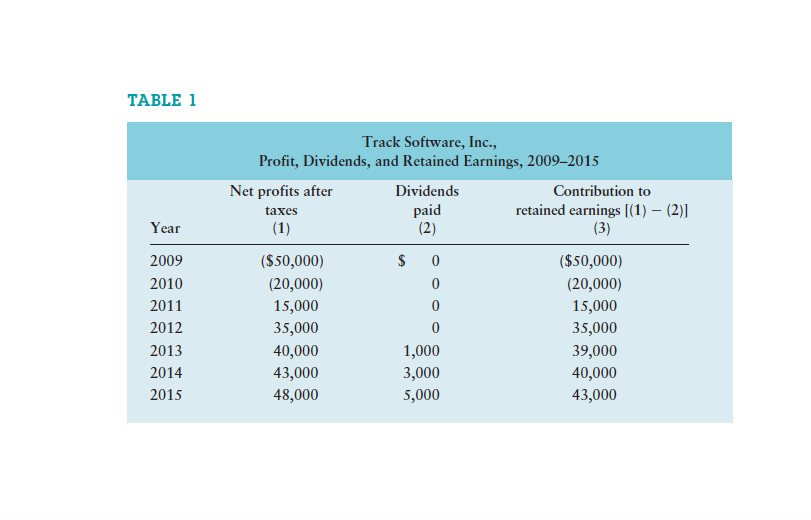
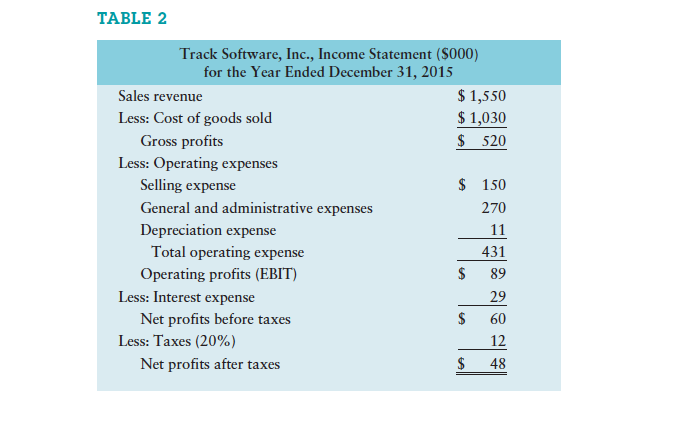
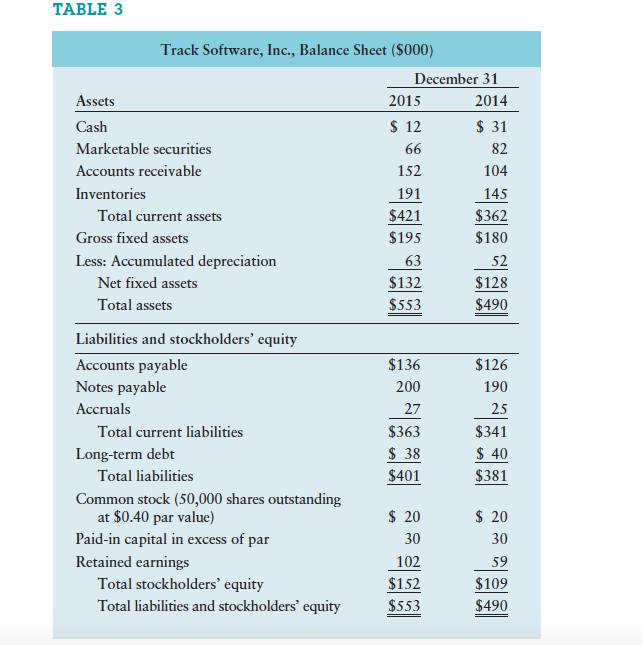
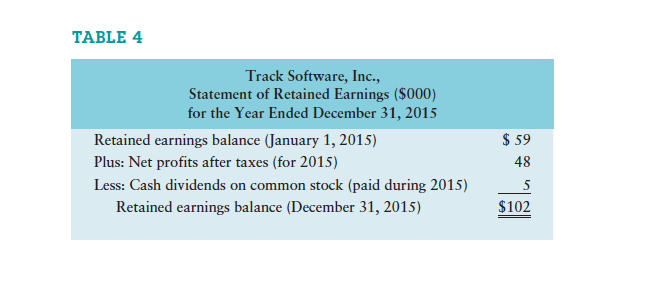
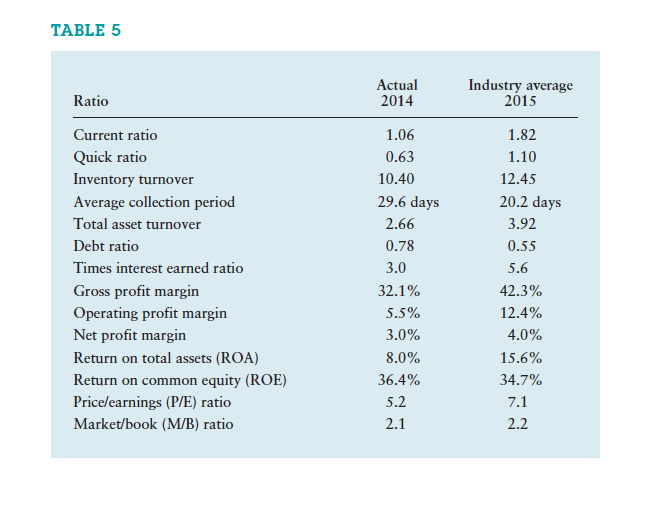
Step by Step Solution
There are 3 Steps involved in it
Step: 1

Get Instant Access to Expert-Tailored Solutions
See step-by-step solutions with expert insights and AI powered tools for academic success
Step: 2

Step: 3

Ace Your Homework with AI
Get the answers you need in no time with our AI-driven, step-by-step assistance
Get Started


